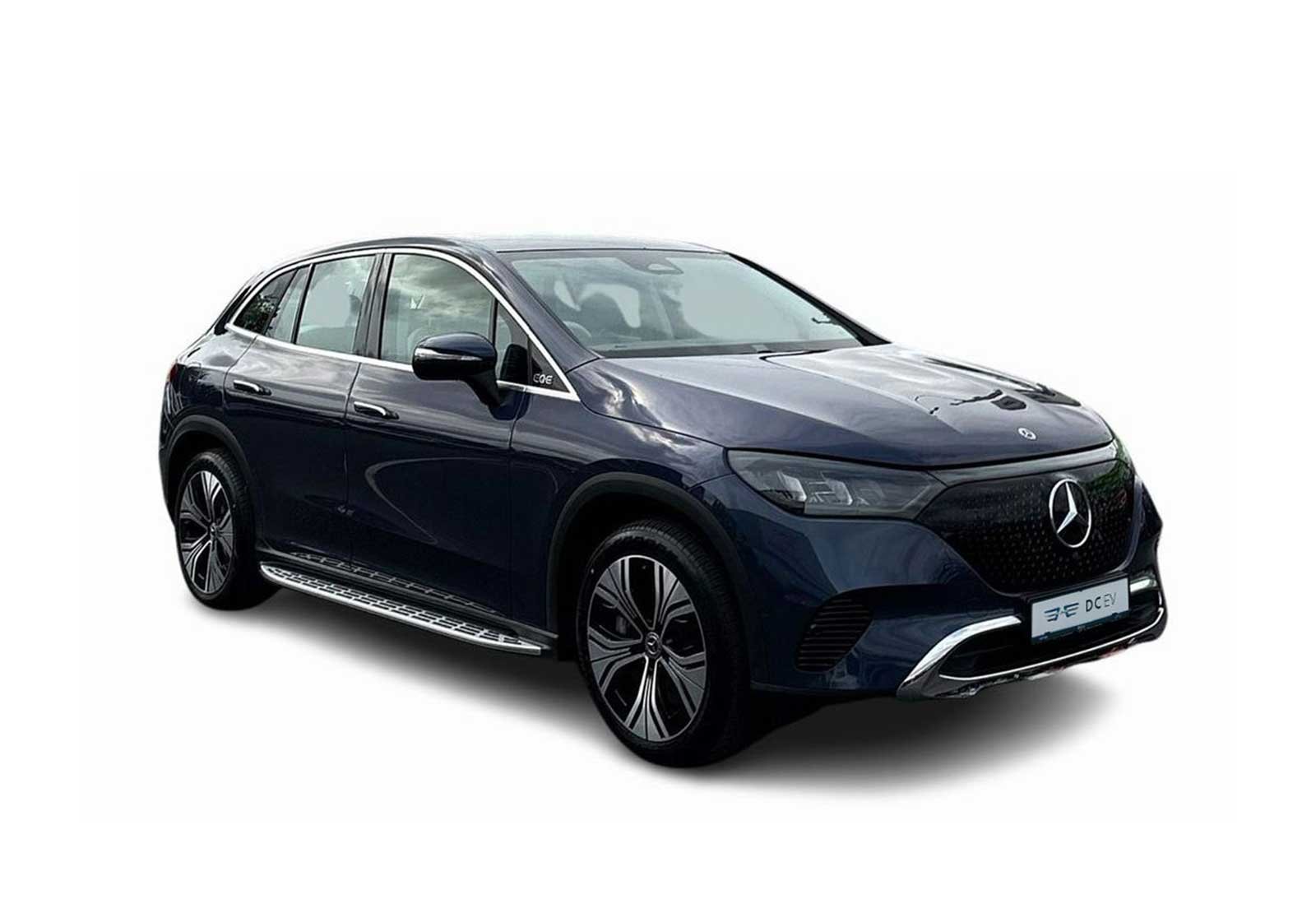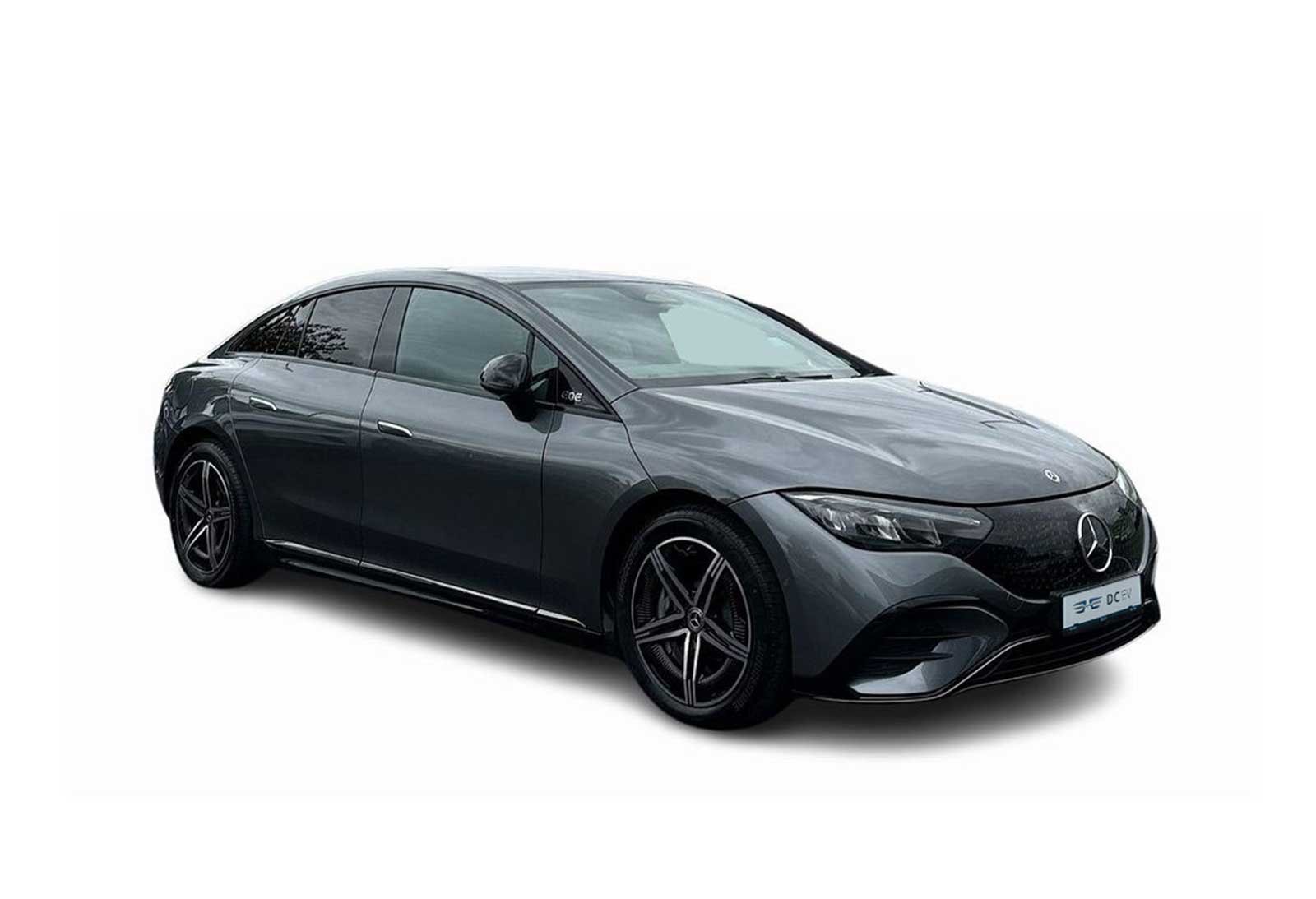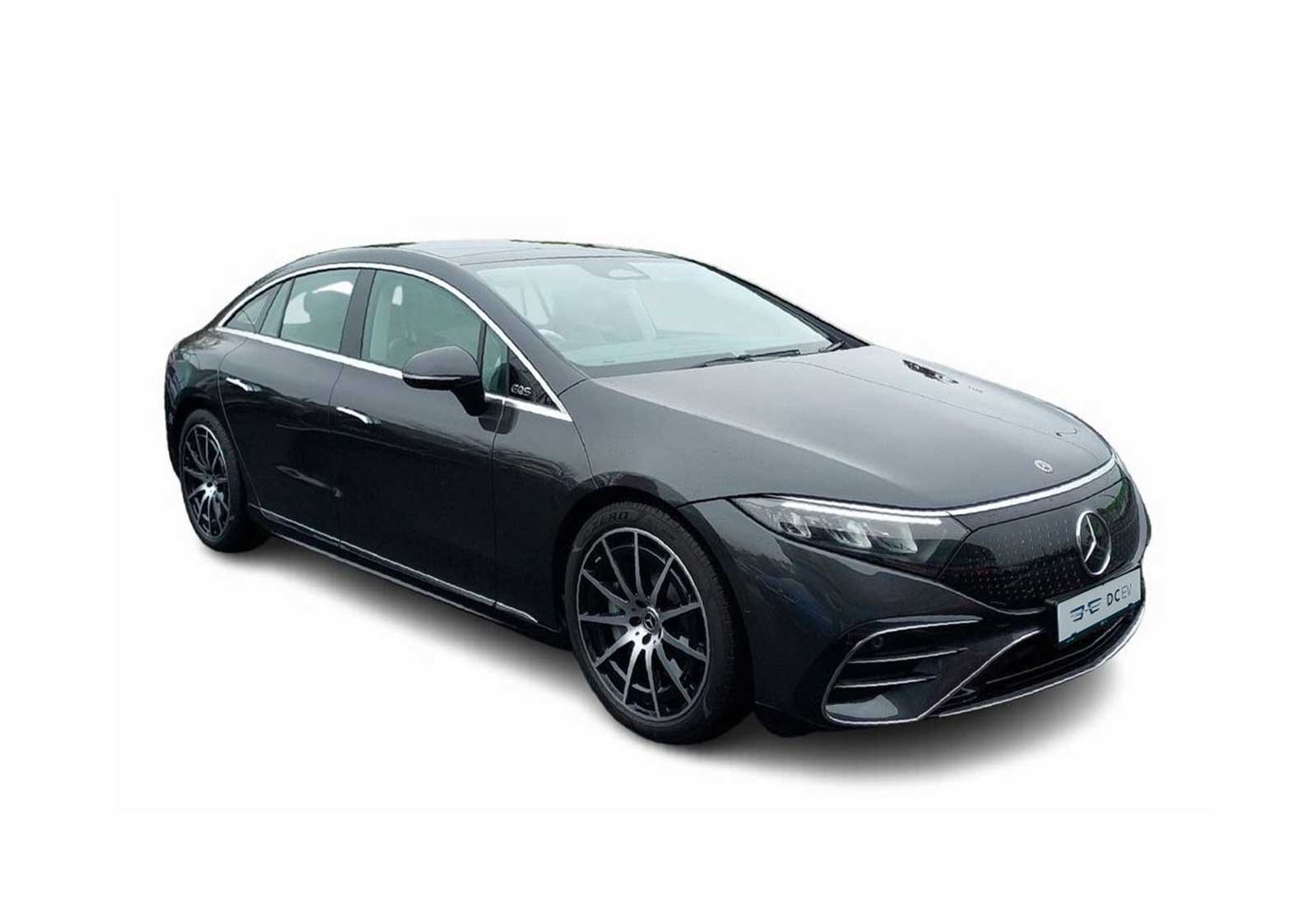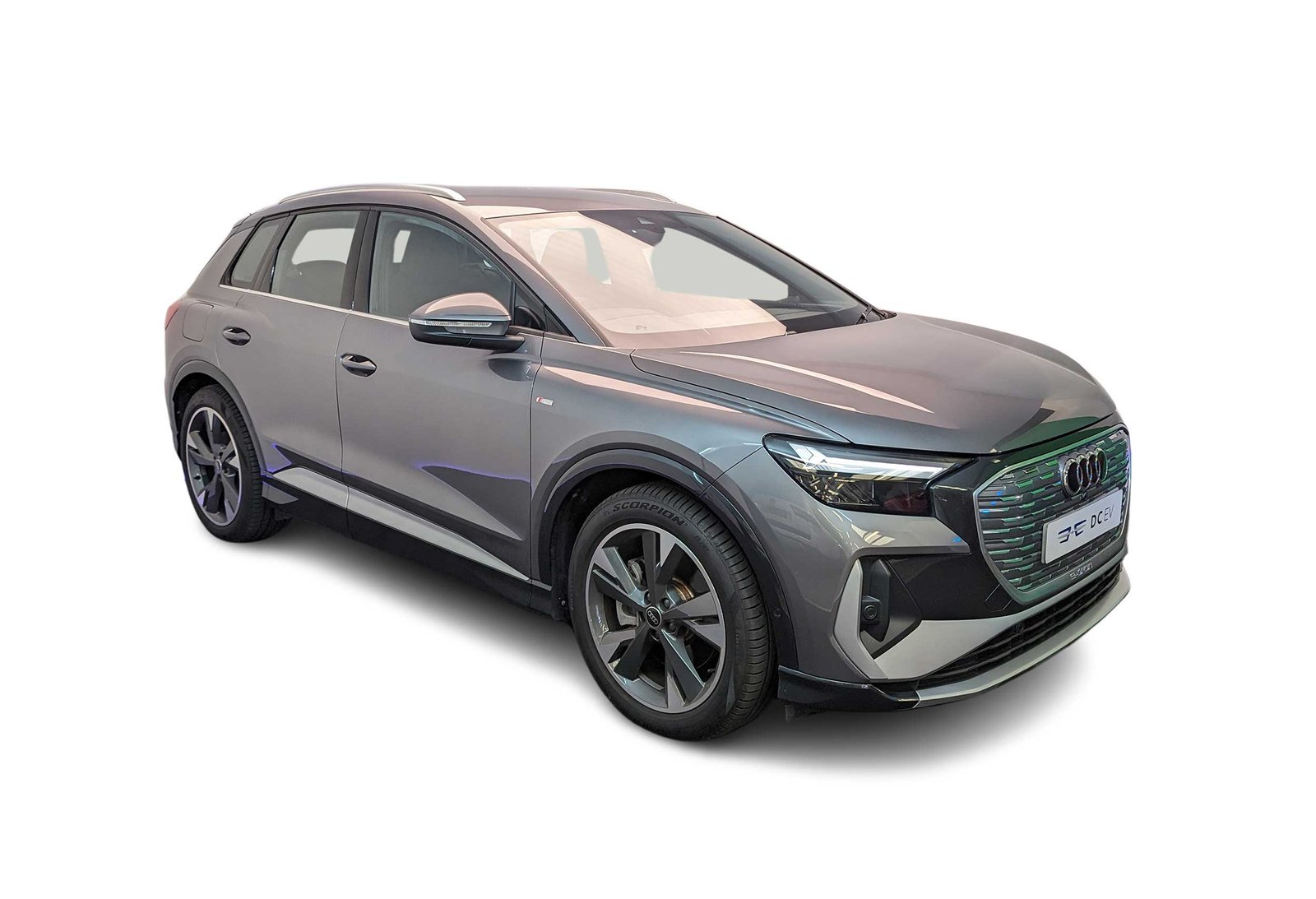If you’re planning to buy, import, or simply keep your car on the road in Ireland in 2025, understanding the current motor tax and road tax rates is essential. The landscape has evolved significantly in recent years, especially with the government’s focus on reducing emissions and encouraging the switch to electric vehicles (EVs). Here’s a comprehensive guide to how car tax rates in Ireland work in 2025, the key changes, and what it all means for drivers and car buyers.
How Motor Tax Works in Ireland
Motor tax in Ireland is an annual charge levied on all vehicles using public roads. The amount you pay depends primarily on your car’s CO₂ emissions, engine size, and, for commercial vehicles, weight. This emissions-based tax system has been in place since 2008, but has seen several updates, with the latest tweaks introduced in 2021 and further adjustments for 2025.
2025 Motor Tax Bands: Emissions-Based System
The motor tax bands for private cars are still largely determined by the vehicle’s CO₂ emissions, measured in grams per kilometre (g/km). In 2025, there are 20 tax bands, ranging from zero-emission vehicles to high-polluting models. The lower your car’s emissions, the less you pay.
- Zero-emission vehicles (mainly EVs):
Annual road tax: €120
This is a continued incentive for electric vehicle adoption, making EV tax in Ireland among the lowest in Europe.
- Low-emission petrol and hybrid cars (1–80g/km):
Annual road tax: €140–€170
- Mid-range emissions (81–120g/km):
Annual road tax: €180–€200
- Higher emissions (121–200g/km):
Annual road tax: €270–€750
- High-emission vehicles (201g/km+):
Annual road tax: €1,200–€2,400
This high rate is designed to discourage ownership of older, less efficient cars.
Engine Size-Based Tax for Older Cars
If your car was registered before July 2008, you’ll still be taxed based on engine size (cc):
- Up to 1,000cc: €199/year
- 1,001–1,200cc: €225/year
- 1,201–1,400cc: €280/year
- 1,401–1,600cc: €400/year
- 1,601–1,800cc: €600/year
- 1,801–2,000cc: €790/year
- Above 2,000cc: €1,250–€1,809/year
Vehicle Registration Tax (VRT) in 2025
In addition to annual motor tax, Vehicle Registration Tax (VRT) is payable when a new car is registered in Ireland. VRT is also emissions-based, with significant relief for electric vehicles and plug-in hybrids. In 2025, full EVs continue to benefit from VRT exemptions up to €50,000, while plug-in hybrids receive partial relief.
Electric Vehicles and Road Tax
EV tax in Ireland remains highly attractive in 2025. Alongside the €120 annual road tax, EV owners benefit from reduced VRT, SEAI grants, and lower running costs. This is part of the government’s push for sustainable motoring in Ireland, aiming to have 1 million EVs on Irish roads by 2030.
Tax for Hybrids and Plug-In Hybrids
Hybrid and plug-in hybrid cars also enjoy lower tax rates, though not as low as full EVs. A typical hybrid with emissions of 70g/km pays around €150 in annual road tax, while plug-in hybrids vary depending on their official emissions ratings.
Commercial Vehicles and Motor Tax
For commercial vehicles, motor tax is calculated based on weight rather than emissions, with rates starting from €92 for the smallest vans up to €5,195 for the heaviest lorries.
How to Pay Your Road Tax
Motor tax can be paid online at www.motortax.ie, at your local motor tax office, or via post. You’ll need your vehicle registration certificate and insurance details. Tax discs must be displayed on your vehicle at all times.
Key Takeaways for 2025
- Motor tax in Ireland 2025 is mainly emissions-based for private cars.
- EVs and low-emission vehicles enjoy the lowest rates and extra incentives.
- Older cars are taxed on engine size, often at higher rates.
- VRT remains a significant upfront cost, but EVs benefit from generous relief.
- The tax system is designed to encourage cleaner, greener vehicles and reduce Ireland’s carbon footprint.
Final Thoughts
Whether you’re considering a new electric vehicle, a hybrid, or keeping your existing car, understanding the road tax rates in Ireland for 2025 is crucial for budgeting and compliance. The government’s clear direction is towards sustainability, so choosing a low-emission or zero-emission vehicle will not only save you money but also future-proof your motoring in Ireland.







